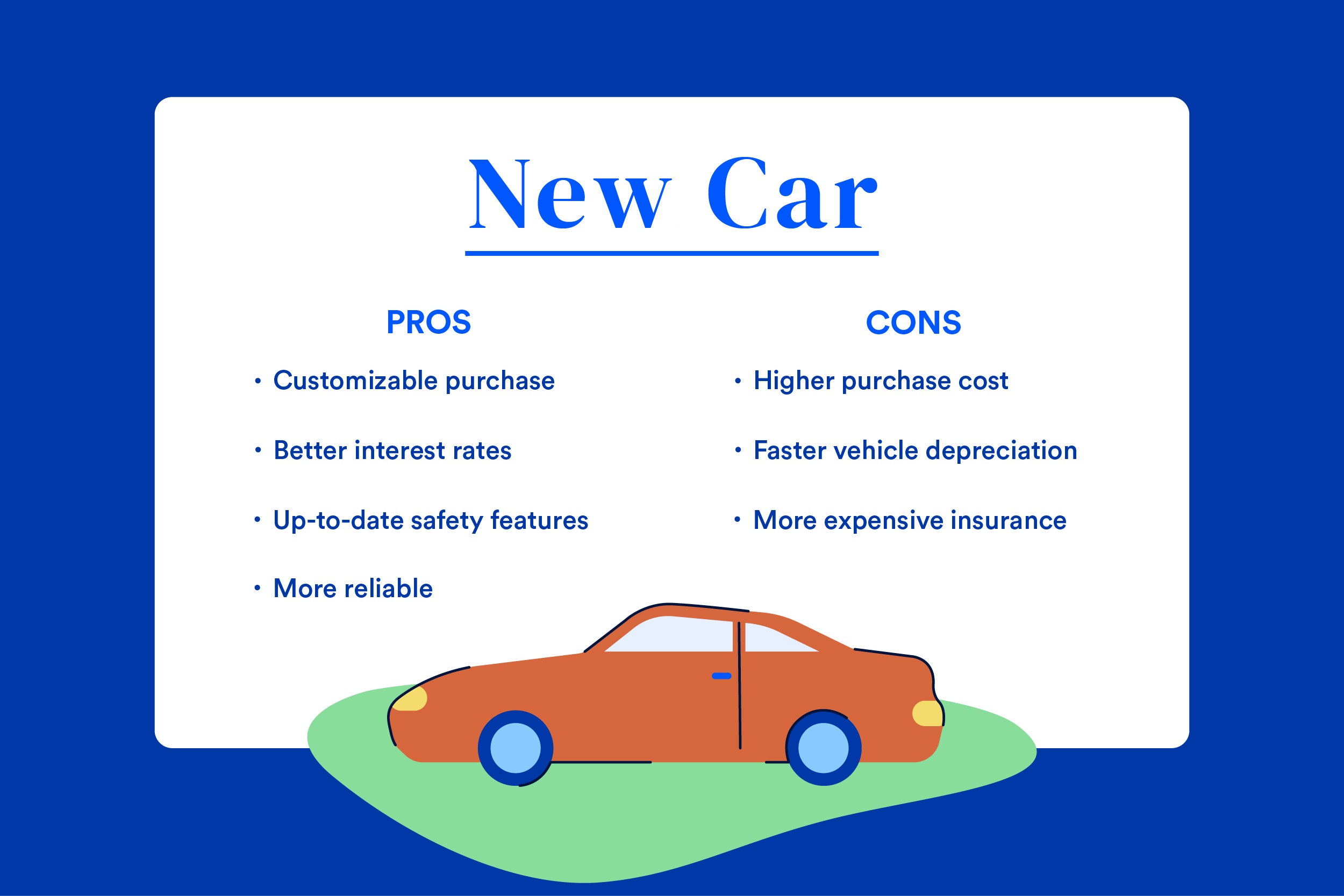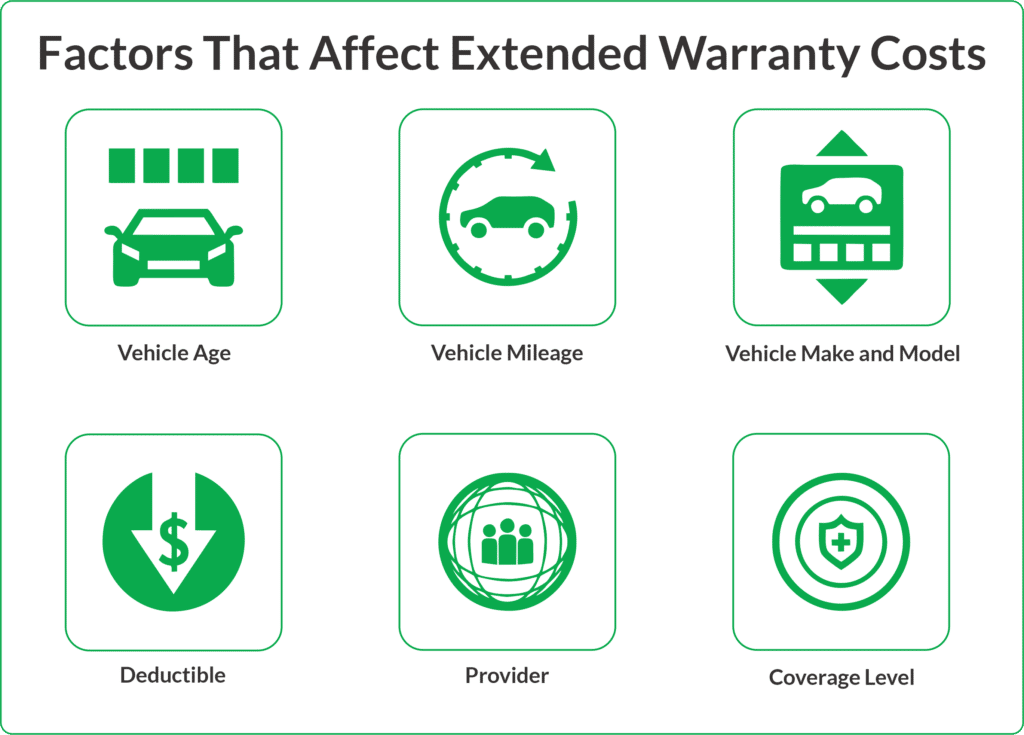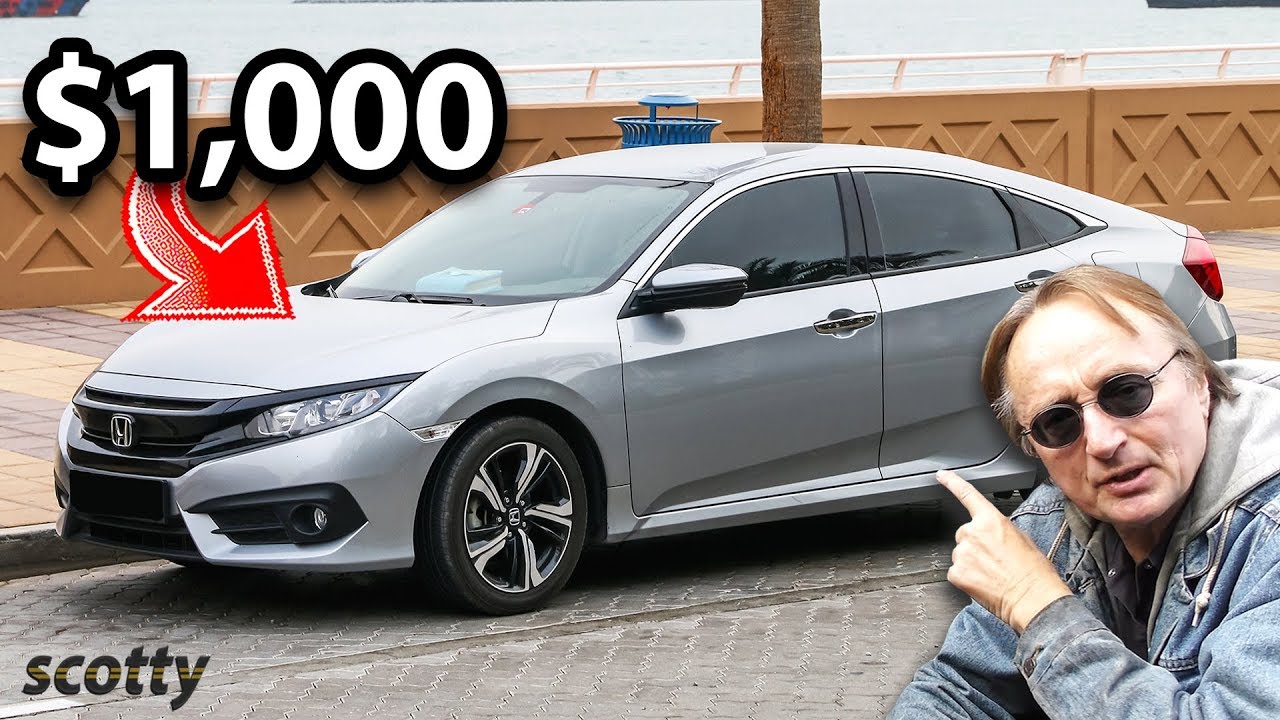Should I Buy a New Or Used Car
Deciding between buying a new or used car depends on your budget and preferences. Consider depreciation, warranty, and overall costs when choosing.
Deciding on whether to purchase a new or used car can be challenging, with each option offering its own set of advantages. A new car comes with the latest features, a full manufacturer’s warranty, and the peace of mind of being the first owner.
However, it may come with a higher price tag and steeper depreciation in the first few years. On the other hand, a used car can offer considerable savings, lower insurance rates, and less depreciation, but it might lack the latest technology and could require more maintenance. Your choice should align with your financial situation, need for the latest tech, and comfort with the car’s history. Understanding these factors will guide you to make a smart and satisfying decision.
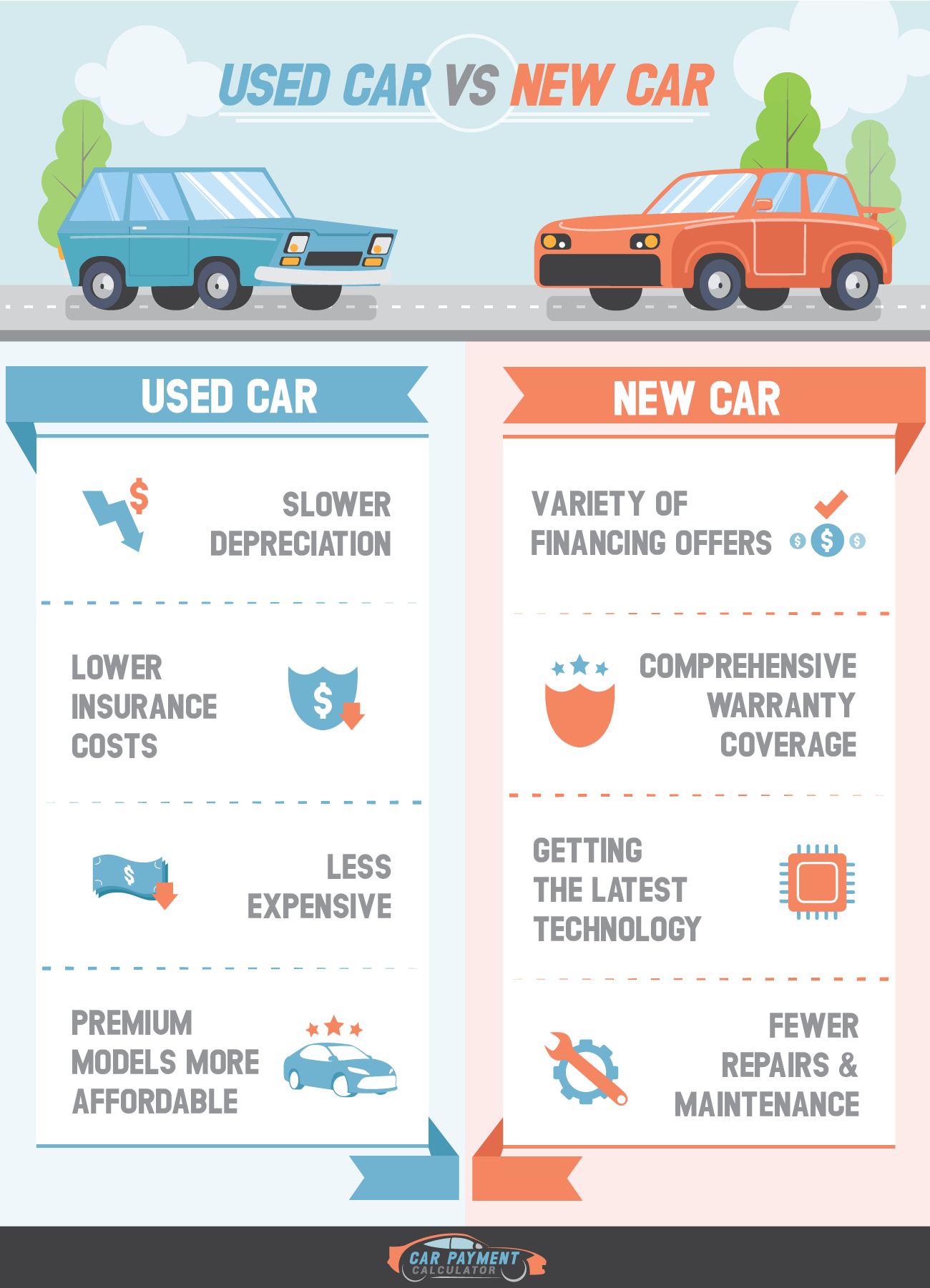
Credit: www.evansautobrokerage.com
New Vs. Used Cars: Initial Considerations
Choosing between a new or used car shapes your driving future. Each choice has perks and drawbacks. Smart decisions start with the right questions.
Evaluating Your Budget
To make a smart decision, first look at your budget. Money matters push many towards used cars. But consider long-term costs. New cars often come with warranties and newer features that could save you money over time.
- Price tag: Used cars have lower initial costs.
- Depreciation: New cars lose value fast after purchase.
- Insurance costs: Used cars can be cheaper to insure.
- Financing rates: New cars might offer lower financing rates.
Assessing Your Automotive Needs
Think about what you need from a car. Are you after the latest tech or just a ride that gets you from A to B?
| New Car | Used Car |
|---|---|
| Latest safety and tech features. | Basic functions without the bells and whistles. |
| Manufacturer warranty covers repairs. | Possible out-of-pocket repair costs. |
| Customization options available. | What you see is what you get. |

Credit: www.youtube.com
Benefits Of Buying New
Opting for a brand-new car comes with merits over purchasing used. Let’s delve into the compelling reasons to choose a fresh-off-the-lot vehicle.
Latest Technologies And Features
With cutting-edge advancements at your fingertips, buying new means enjoying the latest in automotive innovation. This includes:
- Enhanced safety features such as blind-spot monitoring and automatic emergency braking.
- A higher fuel economy and reduced emissions with newer engine designs.
- Modern infotainment systems offering seamless connectivity.
- Driver-assist technologies that ensure a smoother ride.
Warranty And Peace Of Mind
Nothing beats the assurance that comes with a full manufacturer’s warranty. Enjoy stress-free drives knowing you’re covered for:
- Comprehensive repairs for a set period or mileage.
- Free replacements of defective parts.
- Roadside assistance services at no extra charge.
Financing Incentives
Attractive financing deals are often reserved for new car buyers. Look forward to:
- Lower interest rates which can reduce monthly payments.
- Special leasing options with favorable terms.
- Rebates and cash-back offers for an even better deal.
Ultimately, a new car purchase offers an unmatched blend of innovation, security, and financial wisdom.
Advantages Of Opting For Used
Choosing a used car offers distinct benefits. These advantages make pre-owned vehicles an attractive choice. Let’s dive into what makes buying used a smart move.
Lower Depreciation Rate
New cars lose value fast once they roll off the lot. A used car depreciates slower. This means less money lost over time.
Affordability And Value
Used cars come with a lower price tag. This makes them more budget-friendly. They often have lower insurance costs too.
Wider Selection Across Budgets
The used car market has a huge variety of models. Buyers can explore more brands and styles without stretching their wallets. This gives flexibility in choice.
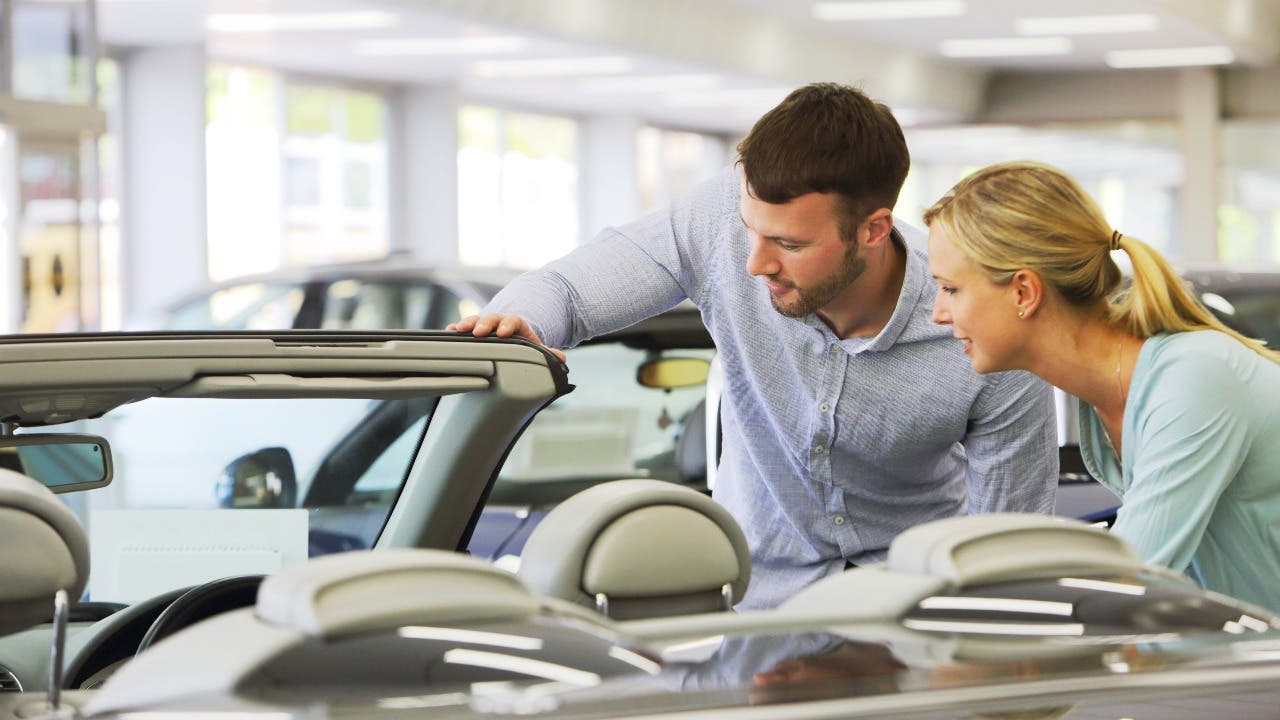
Credit: www.bankrate.com
The Financial Angle
The decision between purchasing a new or used car often boils down to money. Understanding the financial impacts can illuminate long-term savings and costs. Evaluating the total cost, insurance, and resale value will shape your budget-friendly choice.
Total Cost Of Ownership
The initial price tag is just the beginning. To estimate the total cost of ownership, consider these factors:
- Depreciation: New cars depreciate faster than used cars.
- Maintenance: Older cars may incur higher maintenance costs over time.
- Fuel Efficiency: Newer models often boast better fuel economy.
- Warranty: New cars come with warranties, possibly saving on repairs.
These elements influence your budget beyond the showroom floor.
Insurance Considerations
Insurance costs can vary between new and used cars. Here’s why:
| New Car | Used Car |
|---|---|
| Higher insurance premiums | Lower insurance premiums |
| Comprehensive coverage is often required | Options for less coverage, reducing costs |
| Gap insurance may be needed | Gap insurance typically unnecessary |
Insurance providers evaluate risk based on car age, model, and safety features.
Resale Value Analysis
Assessing resale value is crucial. A car’s ability to retain value varies:
- Brand reputation and demand influence resale value.
- New cars lose value quickly after purchase.
- Used cars have slower depreciation, offering better value retention.
Research market trends and historical data to predict future value.
Hidden Costs And Considerations
When deciding between a new or used car, it’s crucial to look beyond the sticker price. Hidden costs and considerations can impact your budget. Let’s explore these costs and what they mean for your wallet.
Unexpected Repairs
Buying used comes with the risk of unforeseen repairs. A new car typically includes a warranty, ensuring most issues are covered. With a used car, you might face expenses for parts and labor.
- New car: Warranty typically covers major repairs
- Used car: Budget for potential repairs
Certified Pre-owned Options
Certified Pre-Owned (CPO) vehicles can be the middle ground. They offer extended warranties and have undergone thorough inspections.
| CPO Benefits | Details |
|---|---|
| Warranty | Longer coverage than standard used cars |
| Condition | Inspected and refurbished |
| Value | More car for less money |
Vehicle History And Condition
With used cars, the vehicle’s history is a window into its future. A well-maintained car with clear records is less likely to have hidden issues.
- Review the car’s service history
- Check for past accidents
- Get a professional mechanic’s inspection
Making The Decision
Choosing between a new or used car requires thoughtful consideration. It’s not just about the shiny new model or the lower price tag. Your lifestyle, financial plans, and the value you seek from a vehicle play a significant role. Let’s explore the factors to guide you in making an informed decision.
Personal Priorities And Lifestyle
Your daily routine and needs should influence your choice. Consider these points:
- Desired Features: New cars come with the latest technology and safety features.
- Reliability: New cars often have fewer issues, saving you trips to the mechanic.
- Warranty: New vehicles typically include a manufacturer’s warranty for peace of mind.
- Used Car Advantages: A pre-owned car has a lower price and less depreciation.
Long-term Vs. Short-term Planning
Think about your future when deciding:
| New Car | Used Car |
|---|---|
| Long-Term Investment: Higher upfront cost, but longer-lasting. | Short-Term Savings: Less financial strain, yet potentially higher maintenance costs over time. |
Navigating The Car Buying Process
Research is key in the car buying journey. Follow these steps:
- Determine your budget and stick to it.
- Identify the make and model that suits your lifestyle.
- Read reviews and compare prices.
- Test drive to ensure comfort and functionality.
- Inspect a used car thoroughly or consider a certified pre-owned (CPO) vehicle.
- Negotiate the price whether it’s new or used.
Frequently Asked Questions Of Should I Buy A New Or Used Car
What Are The Pros Of Buying A New Car?
Buying a new car offers the latest technology, full warranty coverage, and high reliability. It also provides peace of mind, lower maintenance costs initially, and the thrill of owning something brand new. You won’t have to worry about the car’s history of accidents or repairs.
Is A Used Car A Good Value Purchase?
Absolutely, a used car can be a great value buy. It’s often more affordable, has a slower depreciation rate, and insurance costs tend to be lower. However, ensure you get a vehicle history report and possibly a pre-purchase inspection to avoid costly issues later on.
Does Car Depreciation Affect New Or Used More?
New cars depreciate faster than used ones, losing most of their value within the first few years. When you buy a used car, you avoid taking that initial depreciation hit, potentially making it a smarter financial decision in terms of asset value retention over time.
What Should I Check Before Buying Used?
Before buying a used car, inspect the vehicle’s condition, service history, and ownership background. Take a test drive to assess its performance. Negotiate based on findings and consider having an independent mechanic inspect it. A thorough check reduces the risk of future expenses.
Conclusion
Deciding between a new or used car is a significant choice. Both options have distinct advantages tailored to different needs and budgets. Consider lifetime value, warranty, and personal preferences before making your purchase. Remember, whether new or gently pre-owned, your decision should align with your financial and lifestyle goals.
Happy car hunting!

